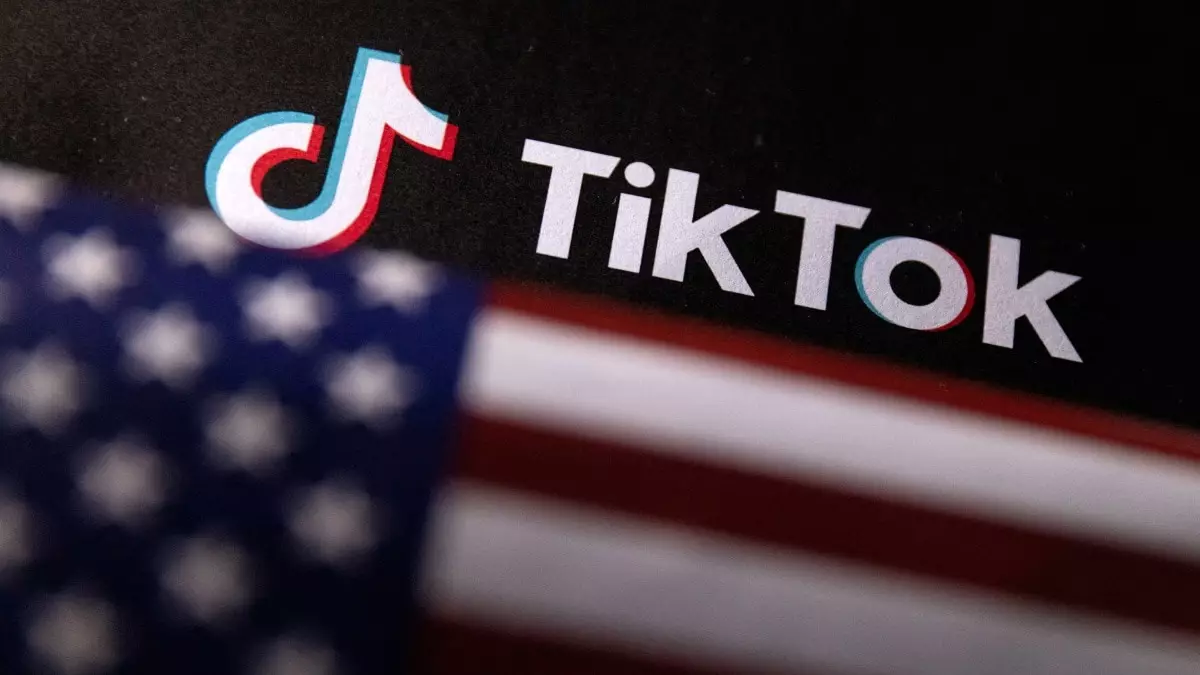The future of TikTok in the United States hangs in a precarious balance as President-elect Donald Trump calls upon the Supreme Court to delay a significant law designed to either compel the app’s sale or outright prohibit it. This maneuver exemplifies the ongoing tension between national security concerns regarding foreign-owned digital platforms and the emerging political dynamics surrounding the popular application.
At the heart of this legal fracas is a law passed by Congress in April, which mandates that ByteDance, TikTok’s Chinese parent company, divest its ownership or face a ban in the U.S. market by January 19, 2025. This legislation raises a plethora of questions, most notably regarding data security and the implications of foreign ownership of technology companies crucial to American social interactions. The Supreme Court is set to listen to arguments regarding the law on January 10, which adds urgency to Trump’s request for a delay in implementation.
While the potential ban comes after a history of scrutiny over TikTok, it also highlights a notable shift in Trump’s previously hardline stance. In 2020, he sought to prohibit the app due to its ties to China, fearing that it posed threats to national security and privacy. However, following recent discussions with TikTok CEO Shou Zi Chew, Trump’s position appears more sympathetic, having hinted at a desire to resolve the situation politically rather than through harsh legislative measures.
The juxtaposition of Trump’s current support for TikTok against his earlier attempts to shutdown the app showcases the unpredictable nature of political alliances, particularly in an election year. By suggesting that TikTok be allowed to continue operating through a political resolution, Trump signals a willingness to engage with a tech company that could be pivotal in mobilizing younger voters, especially considering TikTok’s overwhelming popularity among demographics that drove much of his campaign’s viewership.
Trump’s legal representatives have expressly stated that he does not wish to take a stance on the overarching merits of the conflict but simply seeks an opportunity for the incoming administration to address the issue adequately. This nuanced position emphasizes political strategy over clear-cut policy and demonstrates an interest in maintaining and fostering ties with influential platforms.
This change in rhetoric from Trump opens a critical discussion about how social media influences politics and vice versa. The implication that TikTok could facilitate political engagement aligns with broader strategies seen during contemporary campaigns, where platforms often serve as battlegrounds for voter connection and narrative shaping.
Moreover, Trump’s claim that he received billions of views on TikTok during his campaign indicates the platform’s immense power in modern political landscapes, which cannot be ignored, especially by a politician seeking to maintain relevance. His advocacy for the app appears less about content moderation and more about electoral strategy, blurring the lines further between governance and political campaigning.
Amidst these shifting narratives, TikTok remains notably quiet, which may be a calculated approach given the contentious backdrop. The company previously emphasized the autonomy of its operations in the U.S. and worked to counteract concerns by highlighting that its data management is handled on American soil, effectively refuting claims of excessive foreign control.
The public, juxtaposed against these developments, may witness unintended consquences of such legislation. Advocacy groups have likened the proposed ban to forms of censorship that resonate with authoritarian tactics employed by adversarial nations, thus raising critical free speech considerations.
As the Supreme Court prepares to dive into these pressing issues, the interplay between legislative intentions, executive actions, and corporate responses will likely shape TikTok’s future trajectory. This moment in time could resonate into broader discussions regarding digital sovereignty and user rights in an increasingly interconnected world. In sum, the blend of legal, political, and social facets surrounding TikTok illustrates a complex narrative that extends far beyond a mere app, touching on fundamental issues of governance, security, and representation in the digital age.


Leave a Reply
You must be logged in to post a comment.